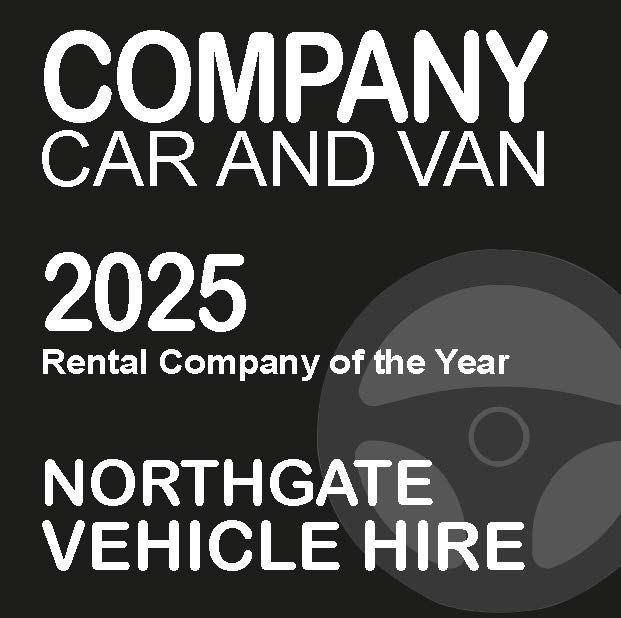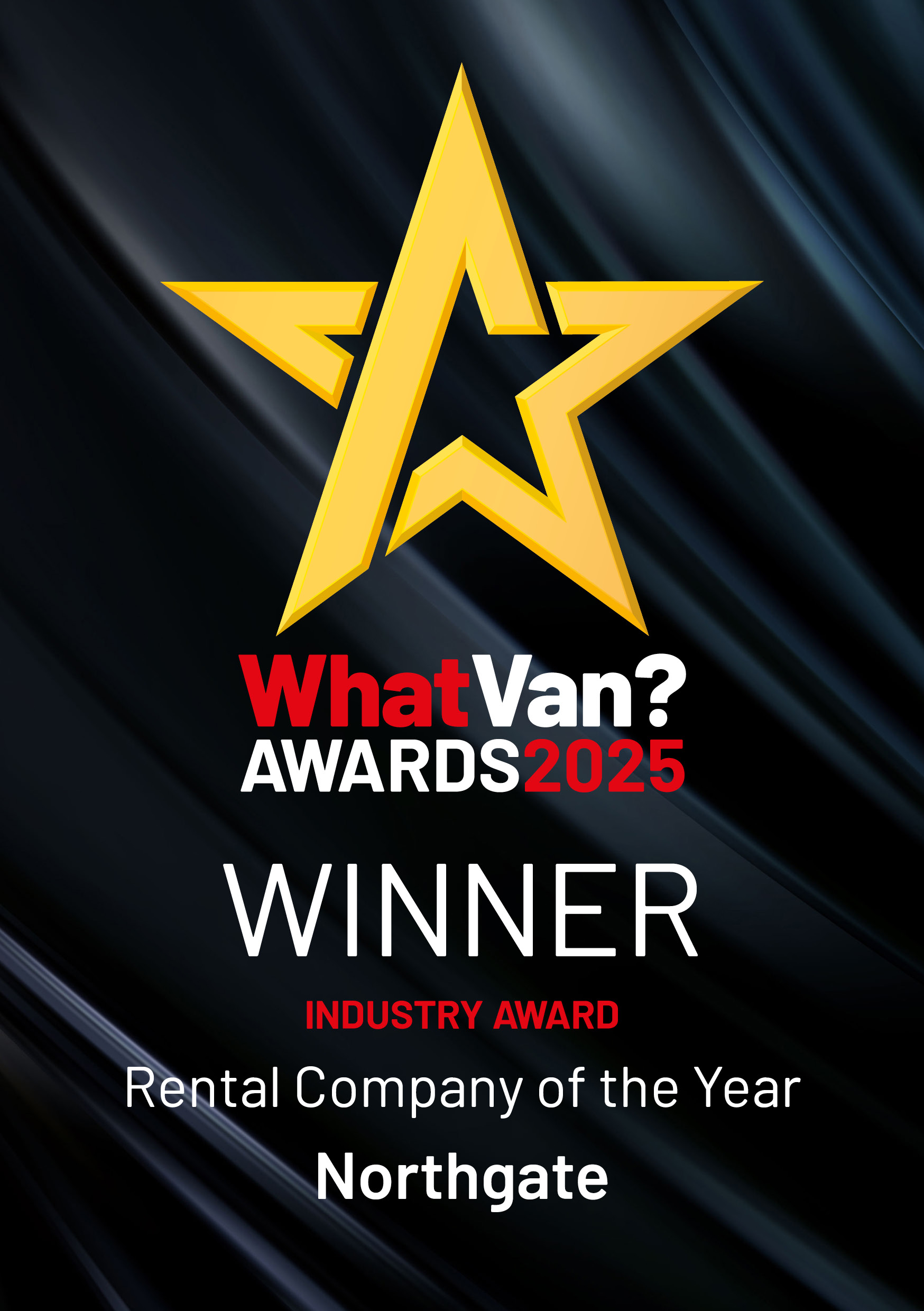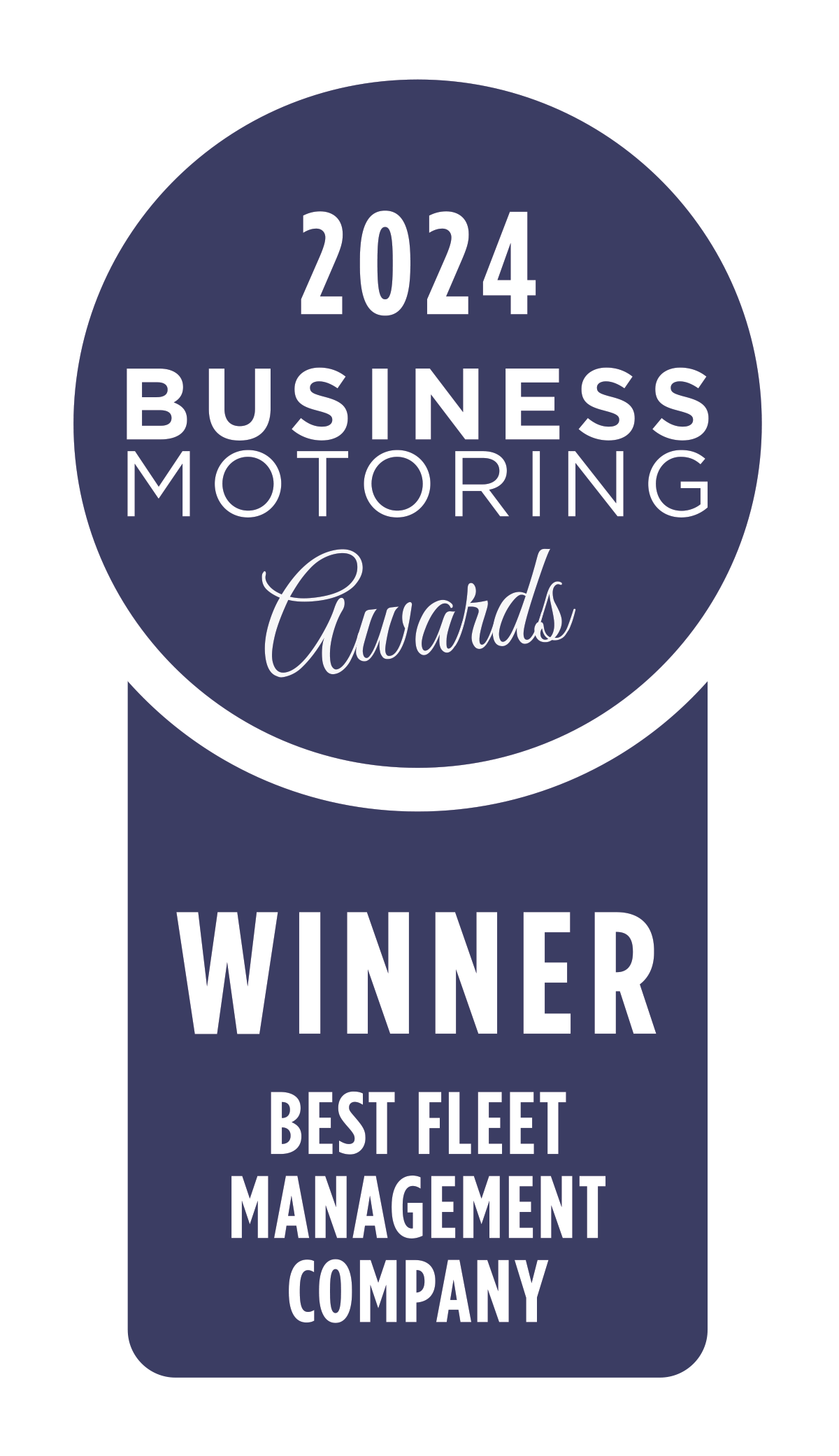What you need to know about Electric vans
Considering electric or hybrid vans for your business? Here’s why they are not a viable option yet for most business use and how the market is reacting.
![]() 06/04/2021
06/04/2021![]() 9 minutes read
9 minutes read
One of the biggest questions regarding vans for businesses is: When should I invest in electric vehicles?
Let’s get straight to the point...
Whilst it is true that the government have made plans to ban new sales of diesel and petrol vans in 2035, they are likely to remain on our roads for many years to come. Businesses now need to talk in terms of 'when' as opposed to 'if'.
EVs are also increasingly offering many benefits for businesses depending on the job they're needed for. For some businesses, making the switch now could pay off. Let us explain.
There is a lot of buzz about electric vehicles
As with all new technology, it is easy to get swept away in the excitement. Here’s a snapshot of what’s happening:
- Businesses of all sizes are weighing up the feasibility of electric vans.
- Regulations like ULEZ and CAZ are making the move to low-emission vehicles a financial necessity for many businesses.
- Many fleet managers are tasked with finding environmentally-friendly alternatives to diesel-powered vans.
The market is reacting strongly to electric vehicles
The demand for EVs is growing, but the number of them on the roads is still low. In March 2022, UK EV sales of cars were more than the whole of 2019. From this number, sales of electric vans were much smaller but the overall EV market continues to show signs of sizeable growth.
This is not surprising given how new EVs are compared to the more than a century old combustion engines. Whilst the number of EVs on the road is small, the demand is relatively high.
Battery life is stopping electric vans from being viable for businesses
Except for a few business use cases, the limited range of electric vans currently available and those soon to come will mean there are challenges.
Let’s look at the driving ranges of two popular electric van choices:
- Nissan e-NV200 - 124 – 187 miles
- Renault Kangoo Z.E 33 – 74 Miles - 124 Miles
These distances are remarkably good for electric vehicles. They will fit the needs of a good number of businesses and we can see why they are popular options. However, this distance is only possible under optimal conditions and when these vans are fully charged.
The distances that electric vans can travel are still limited
During real world-use, the range of an electric van can be considerably lower than its maximum advertised distance. Accessories, weather conditions, driving styles, vehicle loads, and the lifetime of a battery will affect these distances further.
Many manufacturers, including Nissan and Renault, try to take these factors into consideration with their testing. But when the driving distances of electric vehicles are only teetering on being ‘viable’, the current shortcomings of the batteries will mean they are not yet a practical option for many.
The charging infrastructure is not quite there yet
After factoring in the charge times and availability of charging stations, fully electric vans are something that many businesses will have to plan around. Depending on the power source and connector, charging a van from 0 – 100% can take up to a day.
The top of the range charging stations available can do the job in just a few hours, but they are expensive and still quite sparsely located. There is the possibility of topping up the charge of an electric van throughout the day. Although, this is dependent on whether it would be convenient to do so.
Even with the infrastructure in place, charging connectors are an issue.
‘Where’ to charge an electric van is also not the only challenge. With no standardised connector for charging electric vehicles, there are compatibility issues to take into consideration.
As you may recall with mobile phones, it took a long time for a dominant type of charging connector to emerge (we’re still left with a few variations like USB-C, USB-Mini, Lightning cables and other iterative improvements).
Electric vans can lead to cost savings under optimal conditions
Businesses that can make full use of their electric vans may even find that they offer cost savings. Electric vans are particularly suited to businesses who travel short distances, carry small payloads, or need to avoid congestion charges like London’s ULEZ.
Electrics vans like the Nissan e-NV200 could be fully charged at home for around £5.12, based on the average unit price for a kWh of 12.8p and a battery capacity of 40kWh. £5.12 for up to 187 miles makes them much cheaper to run than a diesel equivalent. This does need to be weighed up against other costs though, such as the extra wear on the vehicle’s tyres from the typically increased weight of an electric LCV.
Nevertheless, when you start adding up the savings of congestion charges and government grants, it is easy to see how they could bring cost savings for some companies.
The regulations give us an indication of what the future holds
Countries across the world are making a commitment to low-emission vehicles. The UK government’s Road To Zero policy means that the end of petrol and diesel engines is in sight.
Regulatory changes are being made to encourage the move to low-emission vehicles. London’s ULEZ, CAZ and even smaller regulatory changes like those made to the Category B licence are all signs of the government’s commitment to remove highly polluting vehicles from our roads.
With the limitations of electric vans and the costs involved, more regulations, developments in technology, and infrastructure will be needed before we see EVs becoming commercially viable for all businesses.
Essentially, we are at a transitionary stage in the widespread adoption of zero-emission vehicles.
Electric vans have an ‘early-adopters’ cost
Being in this transitionary phase, EVs currently come at a high cost for businesses. This is due to three main factors:
- Electric vans are in short supply - The demand for electric vehicles outstrips the supply. Many companies are finding it difficult to acquire electric vehicles in large quantities.
- The technology powering them needs more development – they are not suitable for long distances, they require frequent charging, and some standardisation is needed in how they are charged.
- There are huge costs involved in acquiring them when compared with diesel vans. Due to a short supply of the batteries needed and a high demand for them internationally.
Ultimately, if your business can overcome the above challenges, EVs are the way of the future.
Diesel vans are here to stay for a long while yet
Diesel vans have always been chosen because they are the most efficient option for long distances. Diesel vans have served the nation for many years and have proven capable of meeting the majority of business needs.
Whilst the sales of new diesel and petrol vehicles are planned to end in 2030, they are still likely to remain for many years to come. For now, fully electric or hybrid vehicles will only be a cost-effective option for some businesses. For the widespread adoption of EVs, there are still challenges for the market to overcome.
How can Northgate help?
Our expert fleet consultants are on-hand to help you find a suitable vehicle solution for your business.
*Correct as of 04/04/2022
Make a smooth transition to EVs today
SPEAK TO THE EV TEAM








